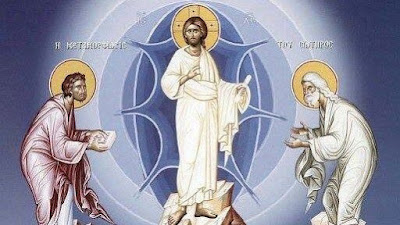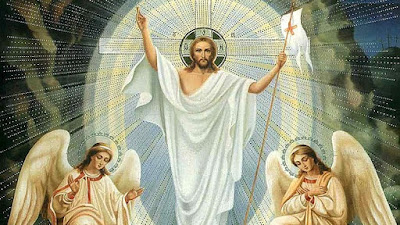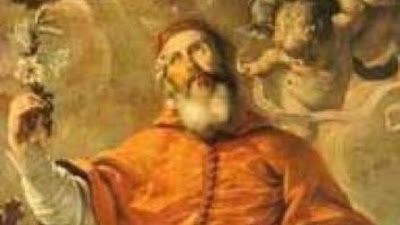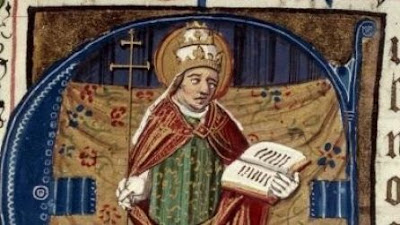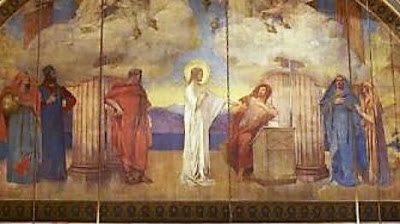A Lenten Bible Study: Genesis to Jesus Lesson Three: Covenant with Creation
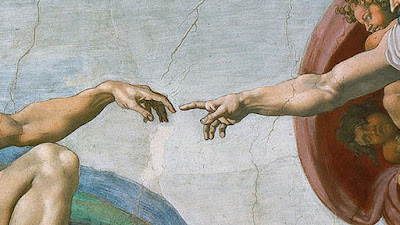
Here is the third lesson in the Saint Paul Center for Catholic Biblical Theology 's Lenten Scripture study, Genesis to Jesus. Follow along, and by the end of Lent, you'll understand the importance of Easter in light of God's plan for our salvation. Sign up to receive new video lessons [ here ] and buy related study materials. ________________________________________________________ In the first two lessons we looked at how to study the Bible. We talked about how Scripture tells the story of salvation history. It’s history from God’s perspective. It’s all about God’s plan to save us from our sin, and bring us back into his divine family. We also discussed how understanding God’s covenant with the human family is the key to understanding salvation history. If you don’t understand covenants you can’t really understand Scripture. In this lesson, we’re going to put what we’ve learned into practice. And appropriately, we’ll start at the very beginning of salvation histor
